Growing up in an ultra-religious environment is a unique experience — one that shapes the way you see the world, even long after you’ve stepped away (if you ever do).
There are things you were taught that seemed completely normal at the time, only to realise later that not everyone grew up that way. Whether your upbringing was strict or just deeply faith-based, these things will probably feel all too familiar.
1. Feeling guilty for things that weren’t even bad
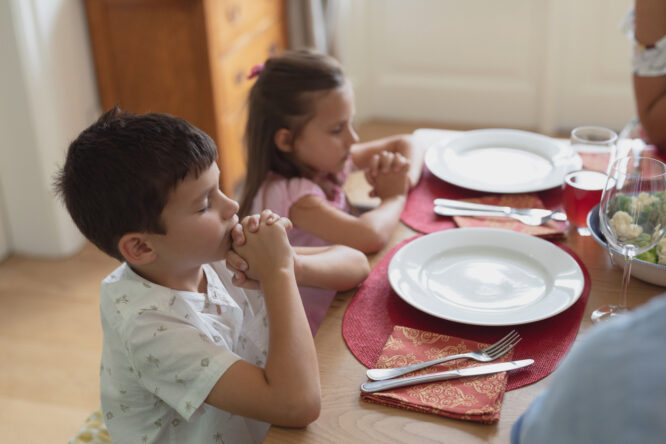
Thinking a “bad” thought? Guilty. Feeling angry? Guilty. Wearing the “wrong” thing? Guilty. When you grow up ultra-religious, guilt is baked into your daily life, often for things that most people wouldn’t think twice about.
Even as an adult, that internal guilt switch can be hard to turn off. You might still catch yourself questioning whether something harmless is secretly sinful, even when you know logically it isn’t.
2. Memorising scripture before you could even do basic maths

Some kids grew up learning their times tables—you grew up memorising entire passages of scripture. Whether it was Sunday school drills, Bible quizzes, or just being expected to know verses on command, scripture memorisation was a huge part of your childhood.
Even now, random verses are probably lodged in your brain forever, popping up at the strangest times. You might not remember what you had for breakfast, but you could still recite entire sections of religious text without thinking.
3. Feeling like every decision had eternal consequences
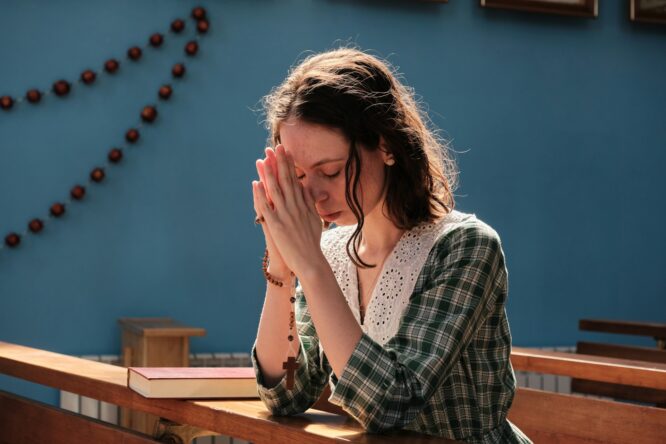
When you’re raised ultra-religious, it’s not just about making good choices — it’s about making the right choices because they could affect your entire future, your family, and even your soul. Every decision felt huge, from the friends you made to the music you listened to. Even now, you might find yourself overthinking simple choices, half-expecting there to be some deeper spiritual consequence attached. That “what if I make the wrong choice?” anxiety never fully goes away.
4. Learning that certain books, music, or movies were “dangerous”

If you grew up in a strict religious environment, there was probably a long list of banned books, TV shows, and music you weren’t allowed to consume. Whether it was because they contained “bad influences” or challenged the faith, anything that didn’t align with religious teachings was off-limits. Of course, that only made them more intriguing. If you ever secretly read or watched something from the “forbidden” list, it probably felt like the most rebellious thing you could do at the time.
5. The awkwardness of trying to “witness” to your friends

You were probably taught that it was your duty to bring people to faith, even if you weren’t entirely sure how to do it. This meant that as a kid, you were put in some pretty awkward situations, like trying to explain salvation to a confused classmate at lunch. Looking back, it’s a little cringe to think about how many friends politely nodded while you nervously told them why they needed to be “saved.” But at the time, you genuinely believed it was the most important thing you could do.
6. Being terrified of missing the rapture
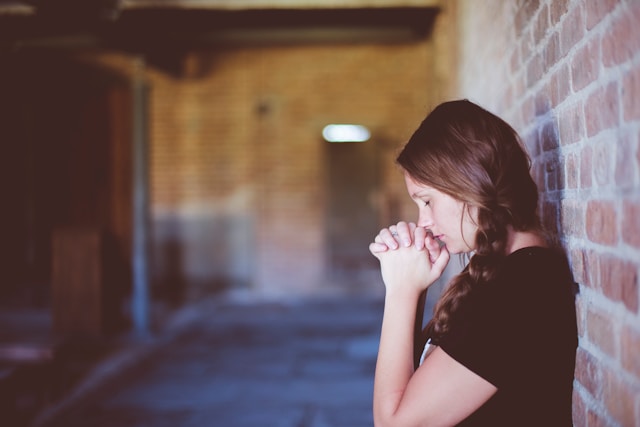
There’s a very specific fear that comes with growing up religious and hearing a little too much about the end of the world. If you ever came home to an empty house and couldn’t immediately find your family, there was always that moment of panic — had the rapture happened, and you got left behind?
Even now, if you see an abandoned jacket lying on the ground in a weird way, a tiny part of your brain still wonders for a second. Old fears die hard.
7. The pressure to be a “good example”

Whether you were the pastor’s kid or just a regular churchgoer, there was a constant expectation to be an example of faith. People were always watching, and any mistake felt like a personal failure — not just for you, but for your family and community.
That pressure can be exhausting, especially if you were struggling with doubts or just wanted to be a normal kid. Even as an adult, you might still feel weird about disappointing people, even when it’s completely unnecessary.
8. Praying before literally everything
 Source: Pexels
Source: Pexels Before meals? Obviously. Before road trips? Of course. Before school tests? Every single time. Prayer wasn’t just something you did at church — it was an all-day, everyday habit. Even now, you might still find yourself automatically saying a quick prayer before stressful situations, even if you don’t consider yourself religious anymore. Old habits have a way of sticking around.
9. Being told to “guard your heart”
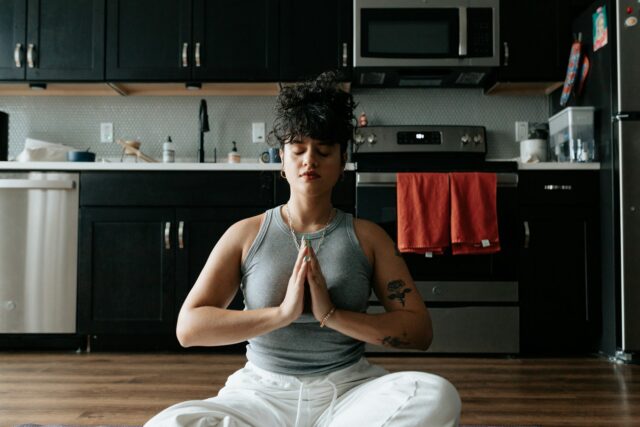 Source: Unsplash
Source: Unsplash When it came to relationships, you were probably warned constantly about the dangers of getting too close too soon. Dating was serious business, and feelings weren’t to be trusted. Even now, phrases like “guard your heart” might bring back memories of awkward church talks about purity, boundaries, and why you absolutely had to wait for the right person.
10. Modesty rules that never made sense
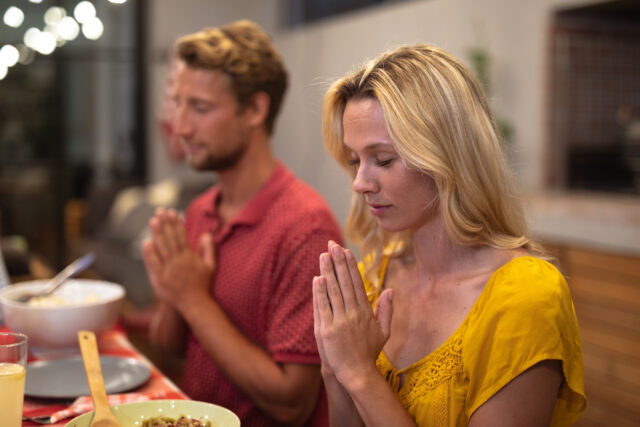
If you were raised in a strict religious environment, you were probably given a list of modesty rules that felt oddly specific. Skirts had to be a certain length, certain colours were “too distracting,” and there was always a debate about whether shoulders were scandalous. Looking back, it’s wild to think about how much time and energy was spent policing clothing. But at the time, it was just another part of daily life.
11. The constant fear of disappointing God
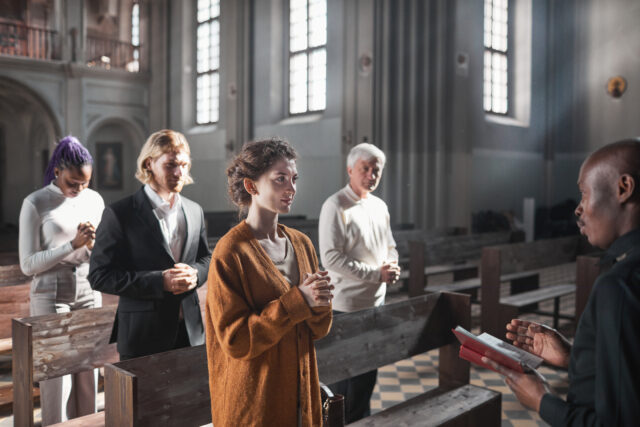
When your whole life revolves around faith, there’s a deep pressure to “do it right.” Every mistake, every stray thought, every moment of doubt felt like something you had to make up for. Even if you’ve let go of some of that fear, there might still be moments where you hesitate, wondering if you’re making the “right” choice, even when there’s no one watching but yourself.
12. Feeling weird about questioning anything

Doubts weren’t exactly encouraged, and asking too many questions could sometimes make people look at you funny. If you ever started wondering why certain rules existed or why things had to be done a certain way, you probably kept those thoughts to yourself. Even now, questioning deeply held beliefs, whether religious or not, might still feel a little rebellious, even though curiosity is a completely normal and healthy thing.
13. Struggling with “worldly” things
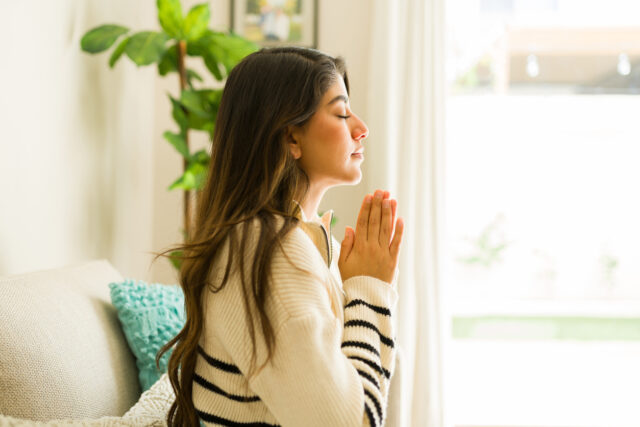
Secular music? Worldly. Certain hairstyles? Worldly. Yoga? Definitely worldly. There was always a long list of things that were considered too influenced by “the world,” and you probably had to be extra cautious about what you engaged in. Even as an adult, you might still have a little hesitation before watching a certain movie or listening to a certain song, just because it was drilled into you for so long.
14. Realising not everyone grew up this way
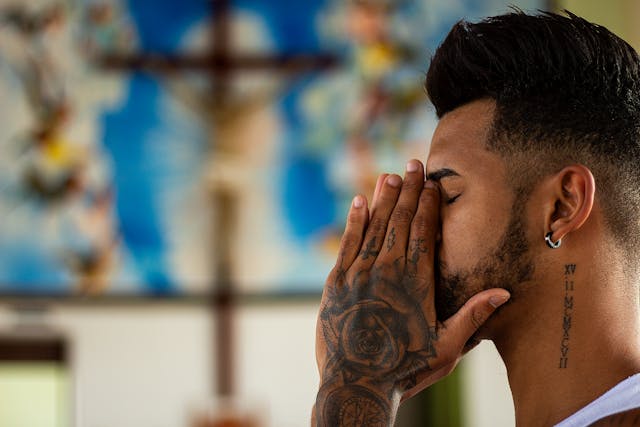
One of the biggest shocks after growing up ultra-religious is realising just how different other people’s experiences were. Some of the things you thought were normal turn out to be incredibly niche, and you might even struggle to explain them to people who didn’t grow up the same way. Whether you still hold onto your faith or have stepped away from it, there’s no denying that an ultra-religious upbringing leaves its mark. And sometimes, all you can do is laugh at the memories and appreciate just how unique your experience really was.




